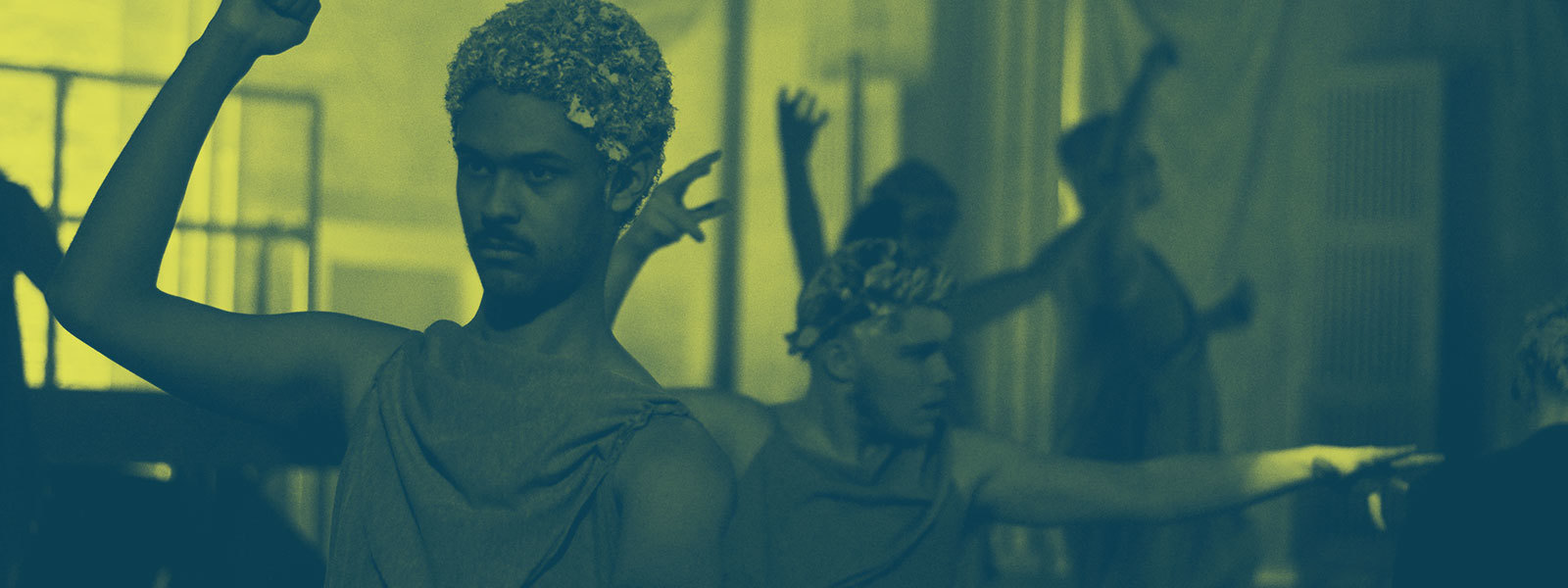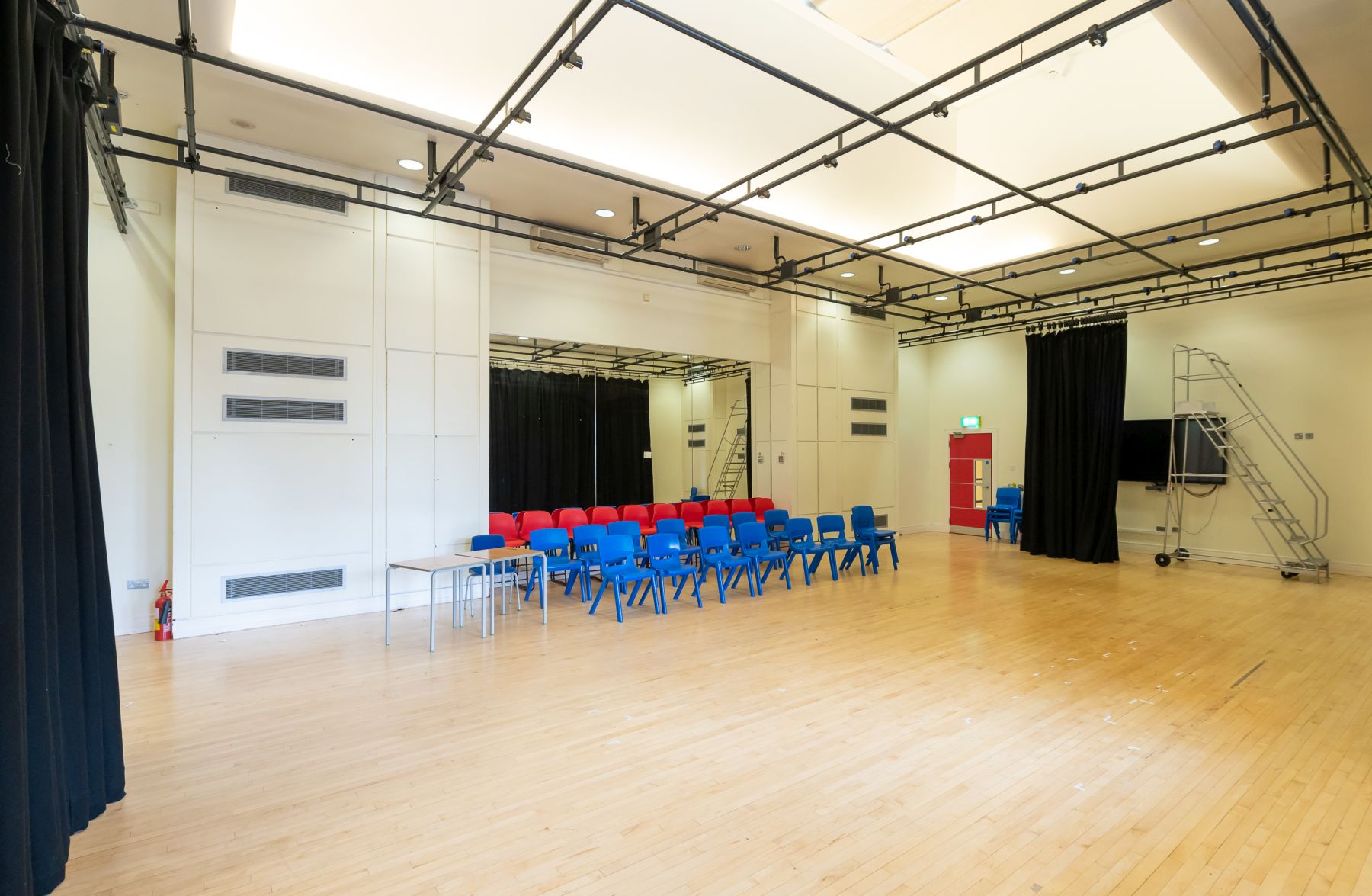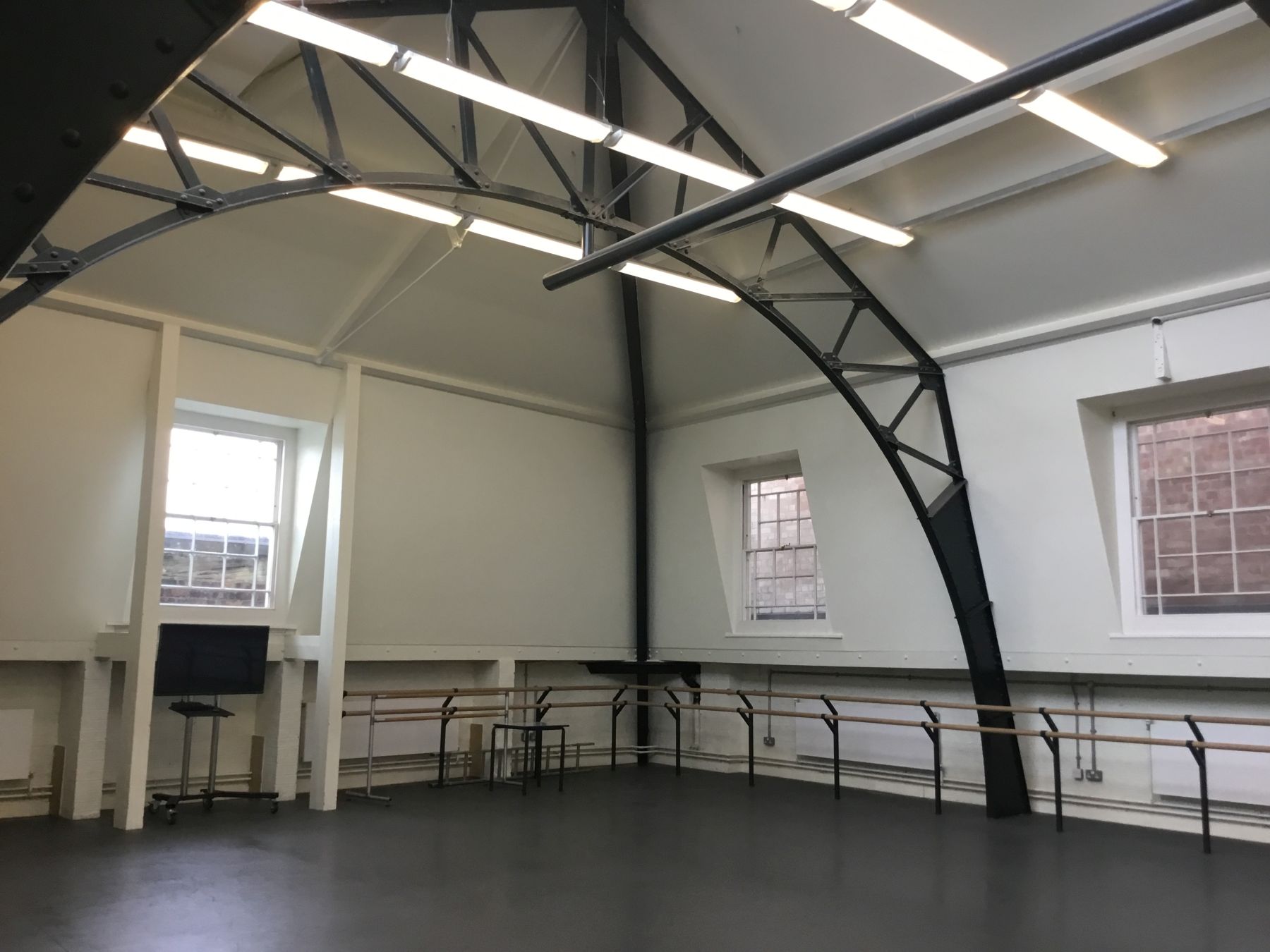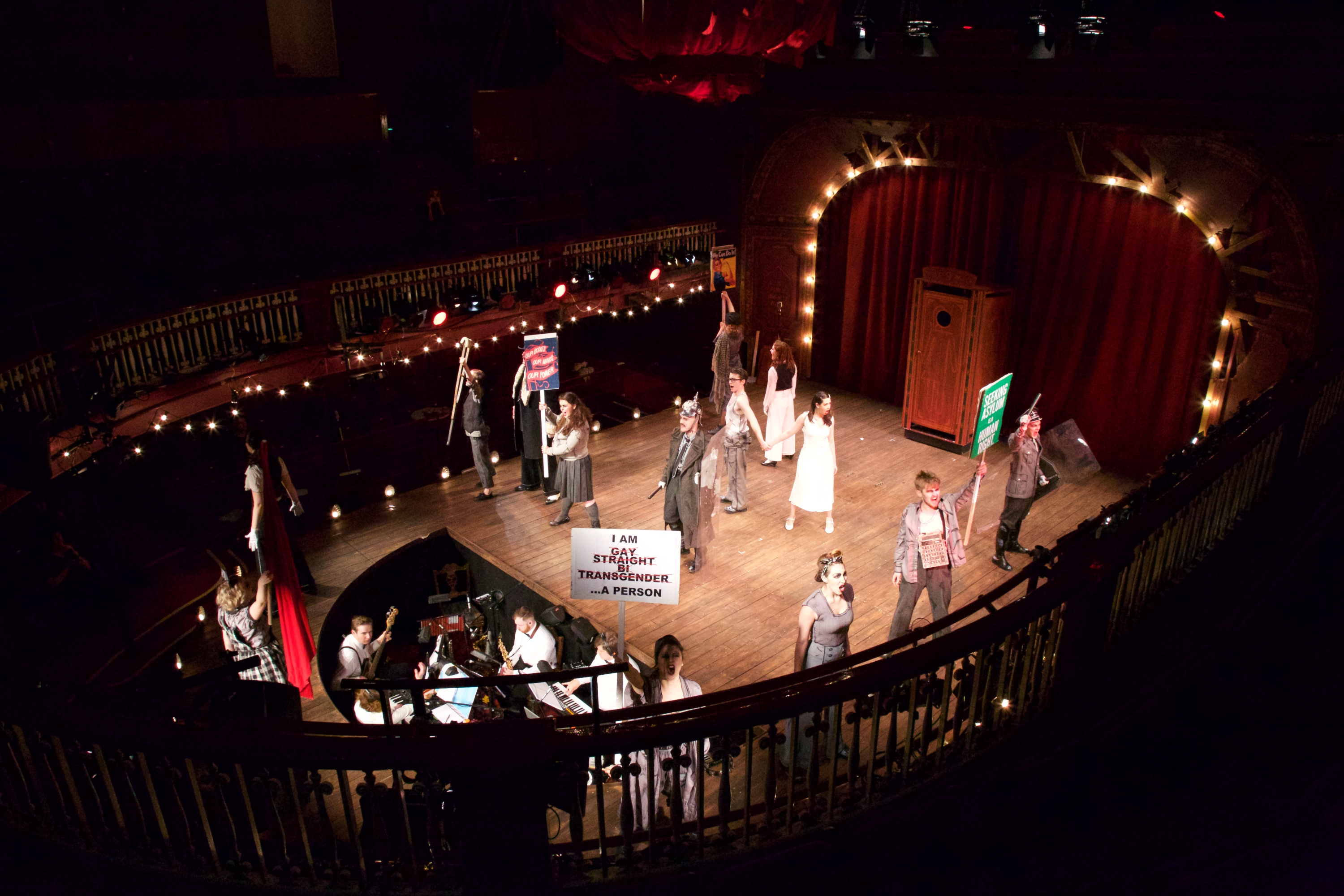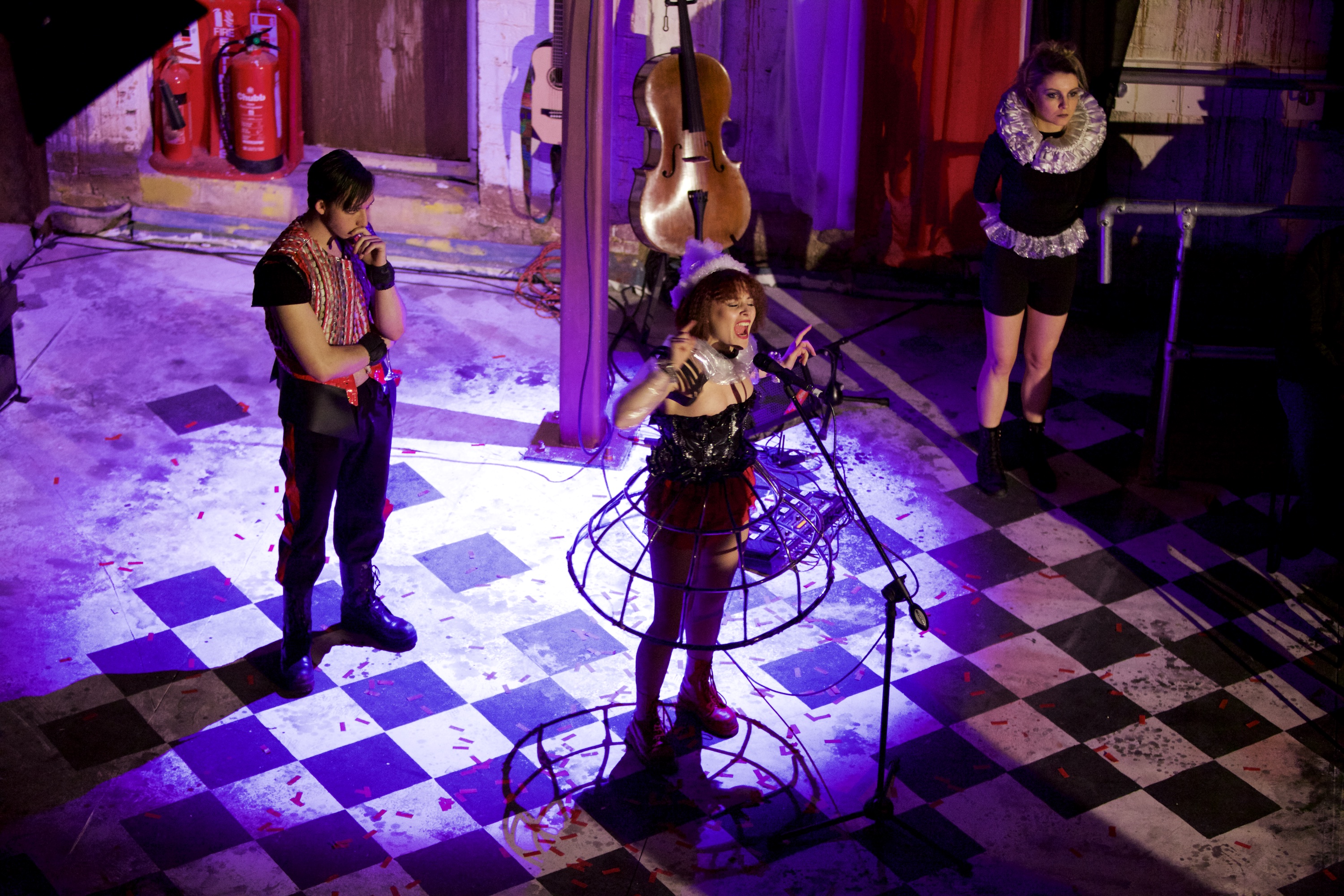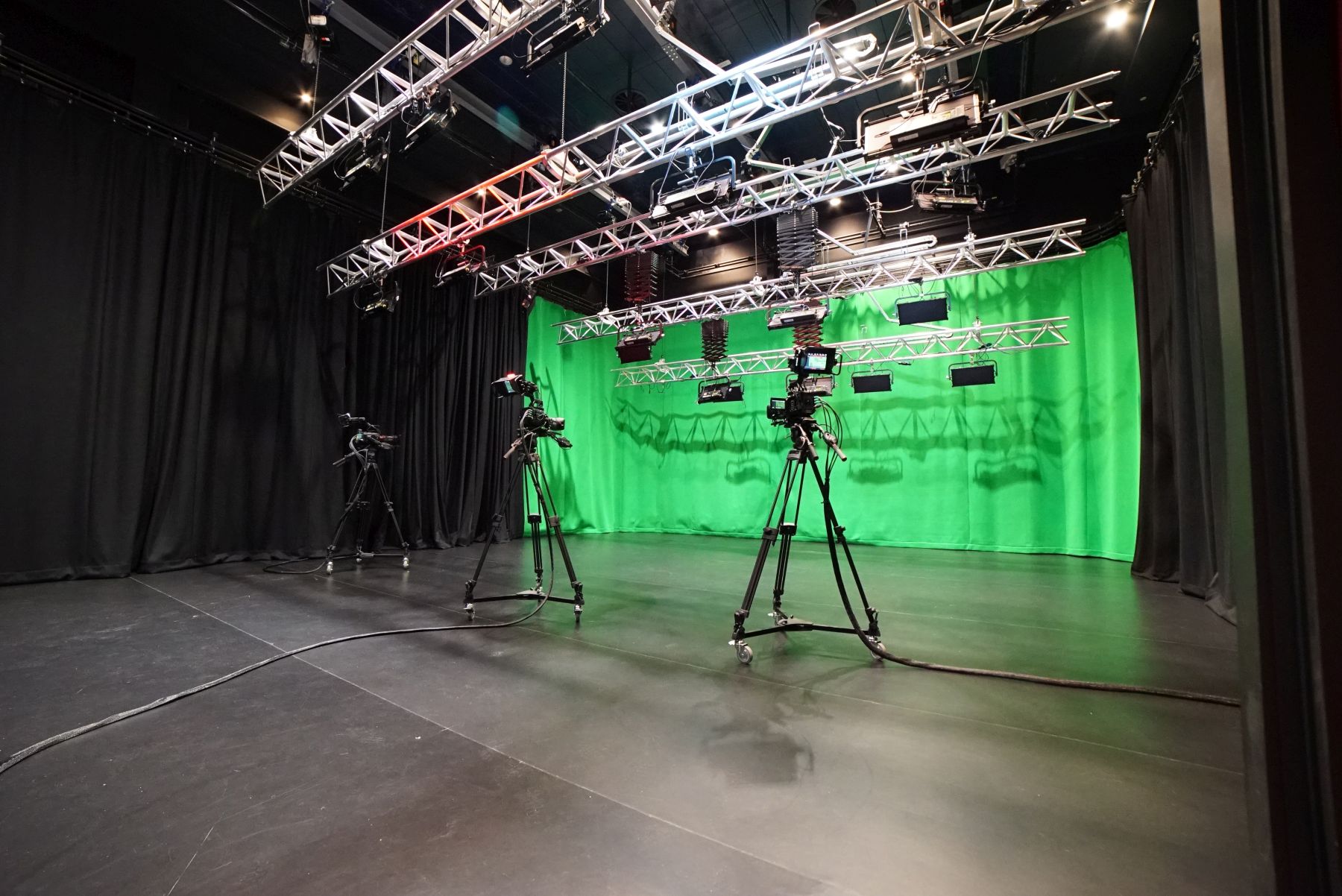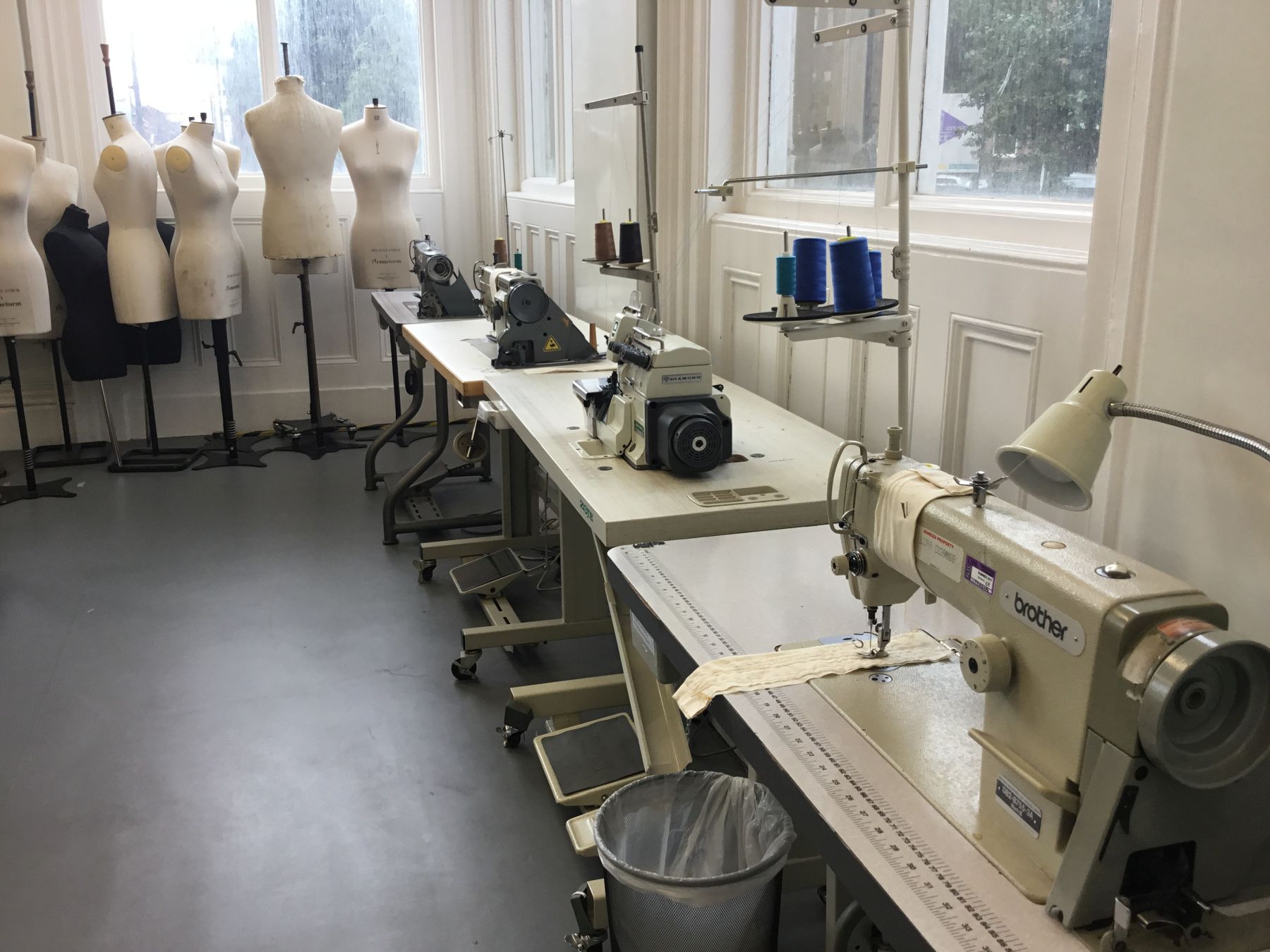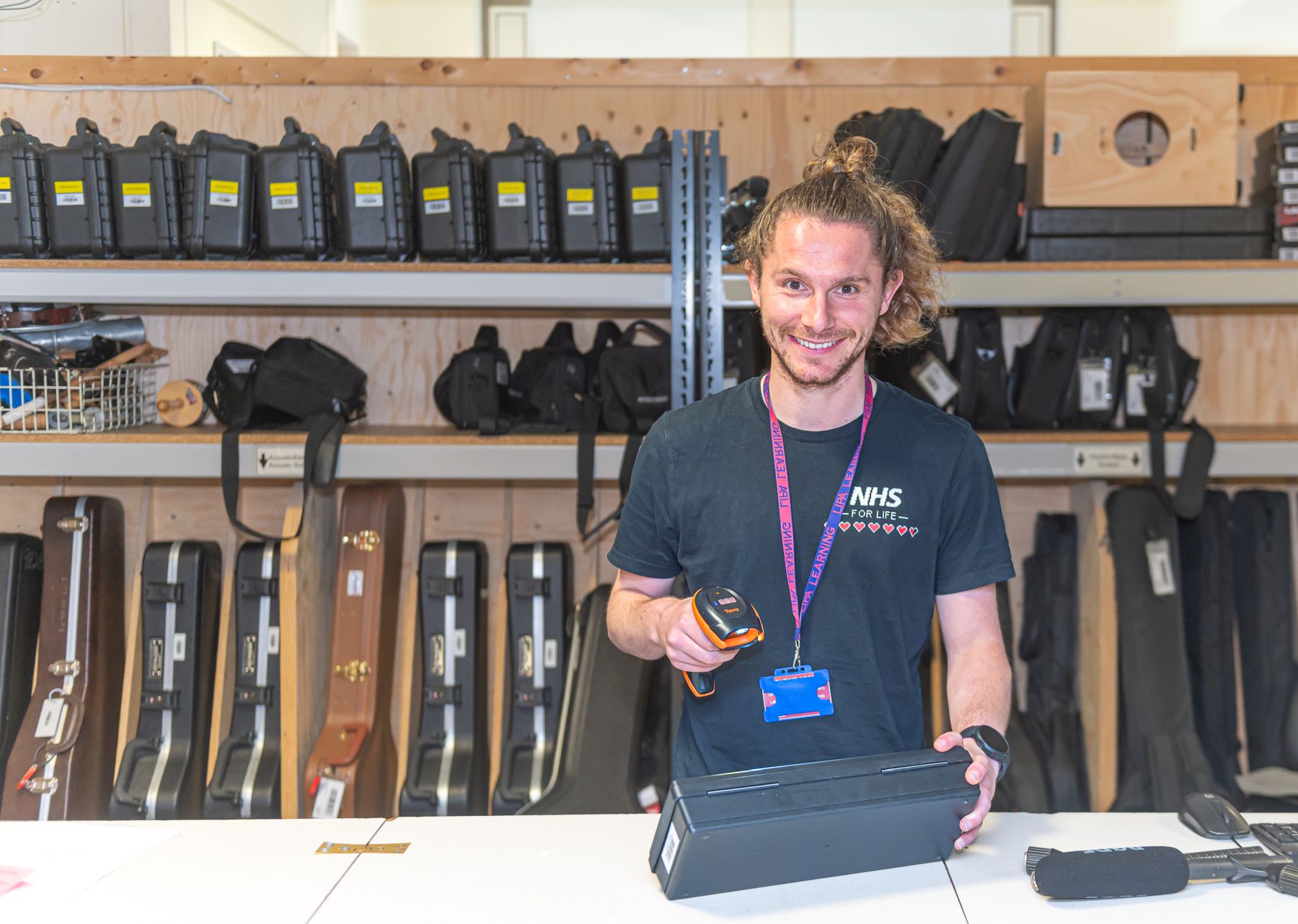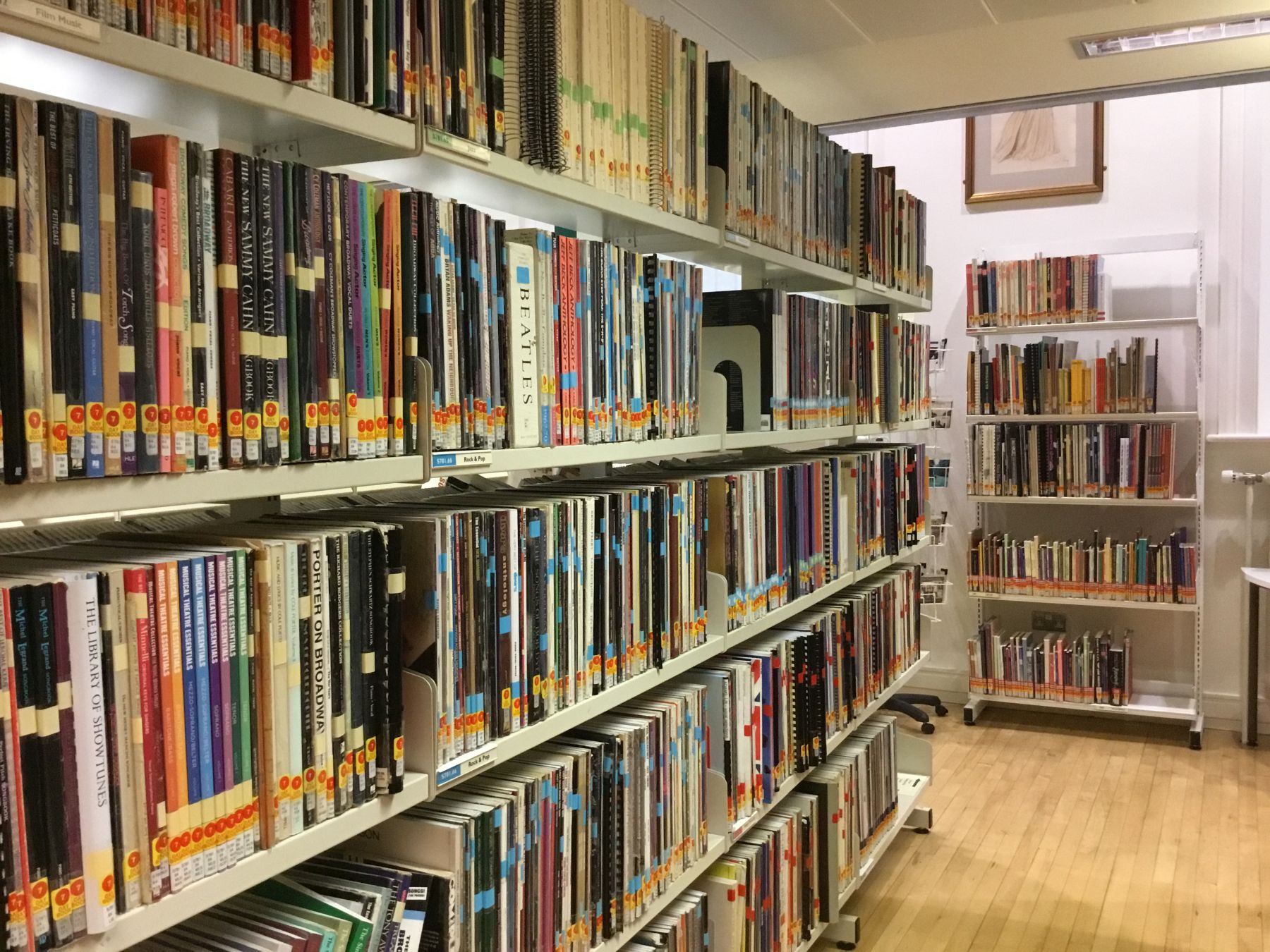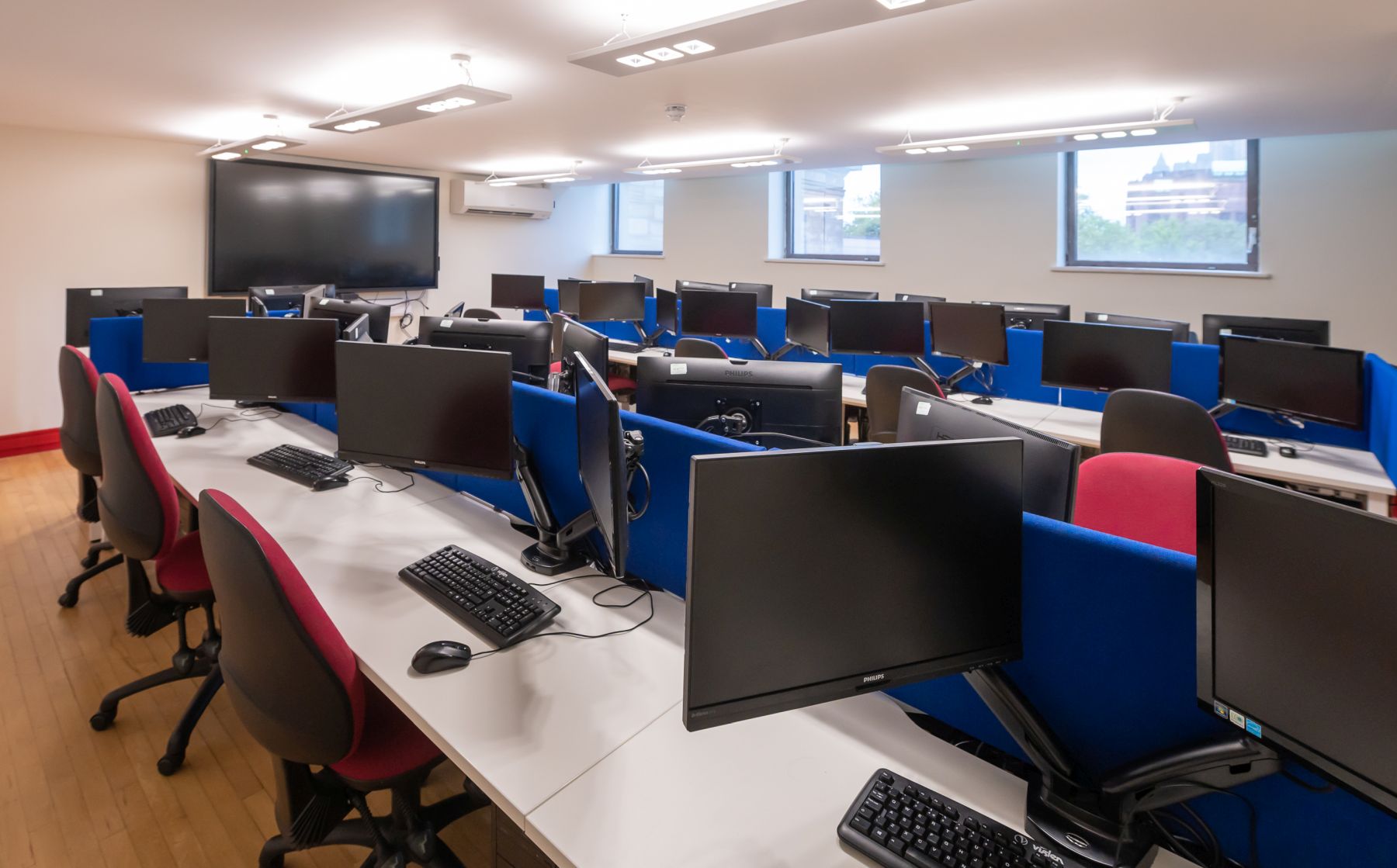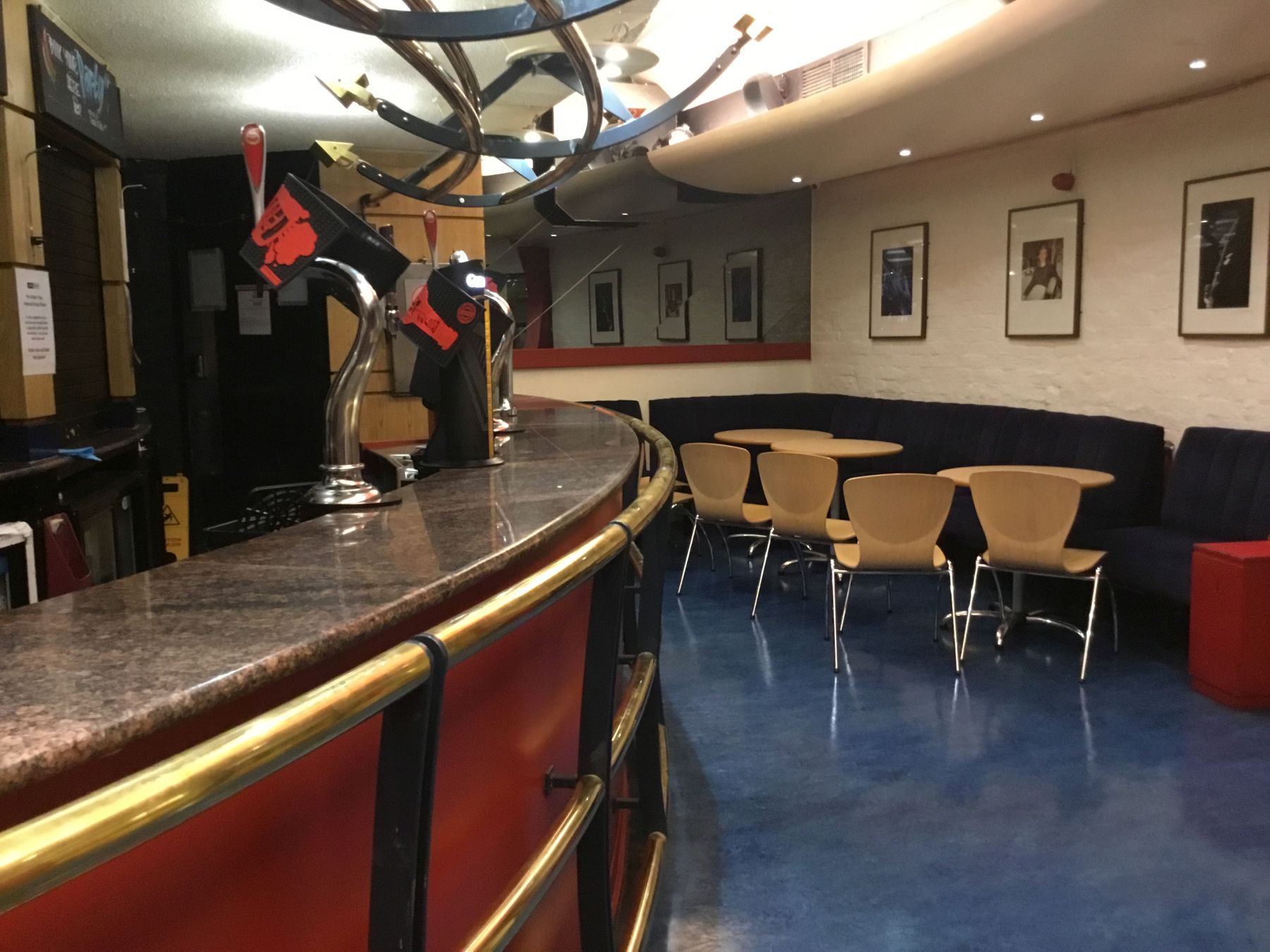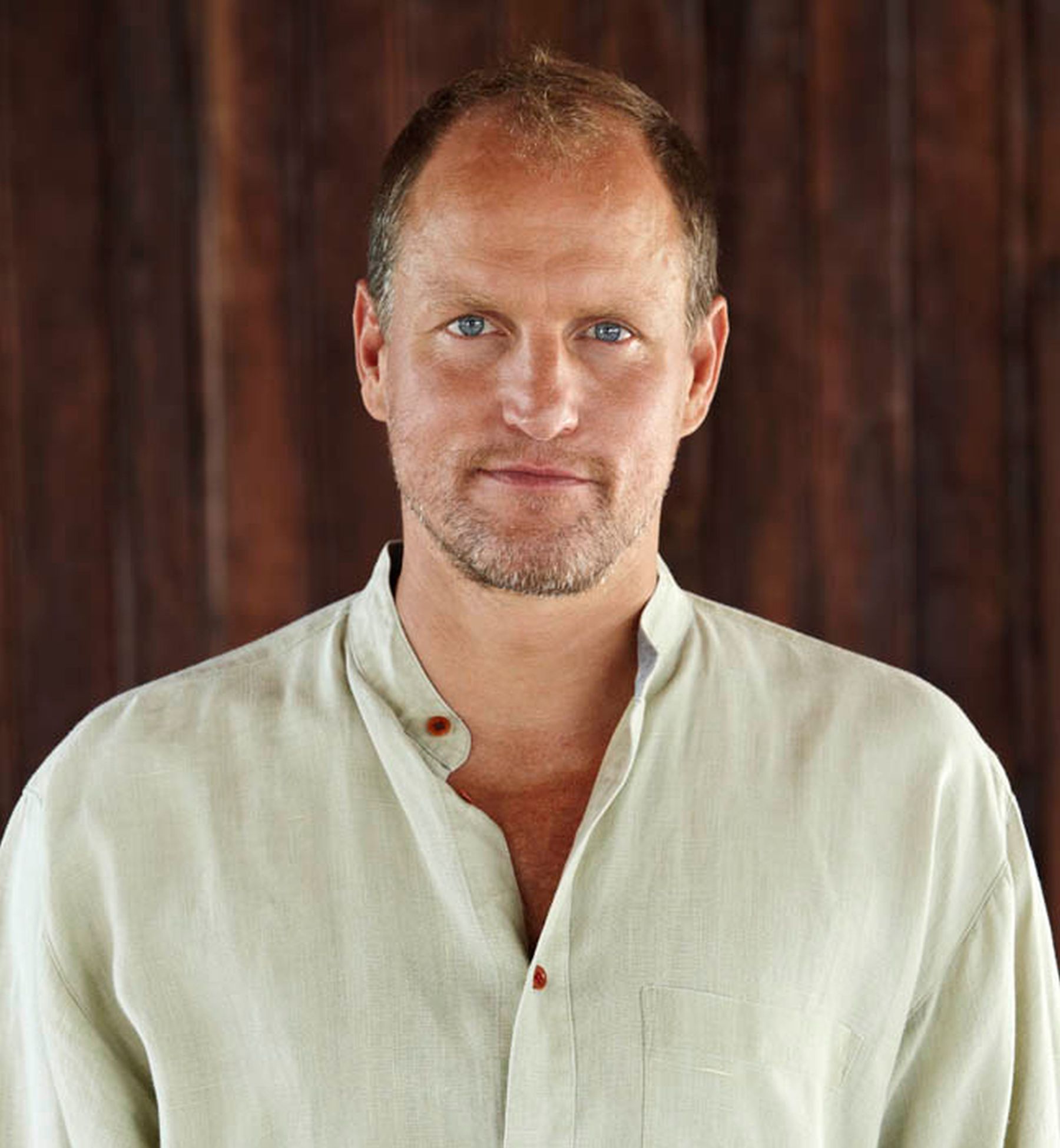Course
Overview
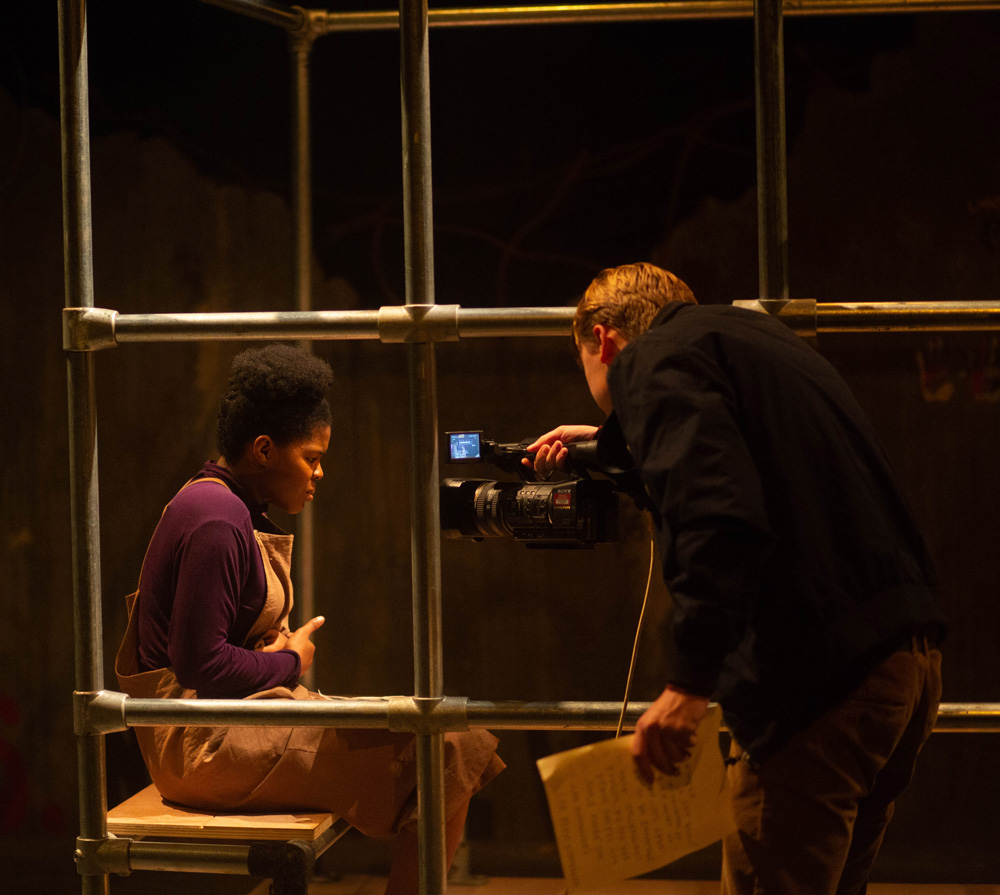
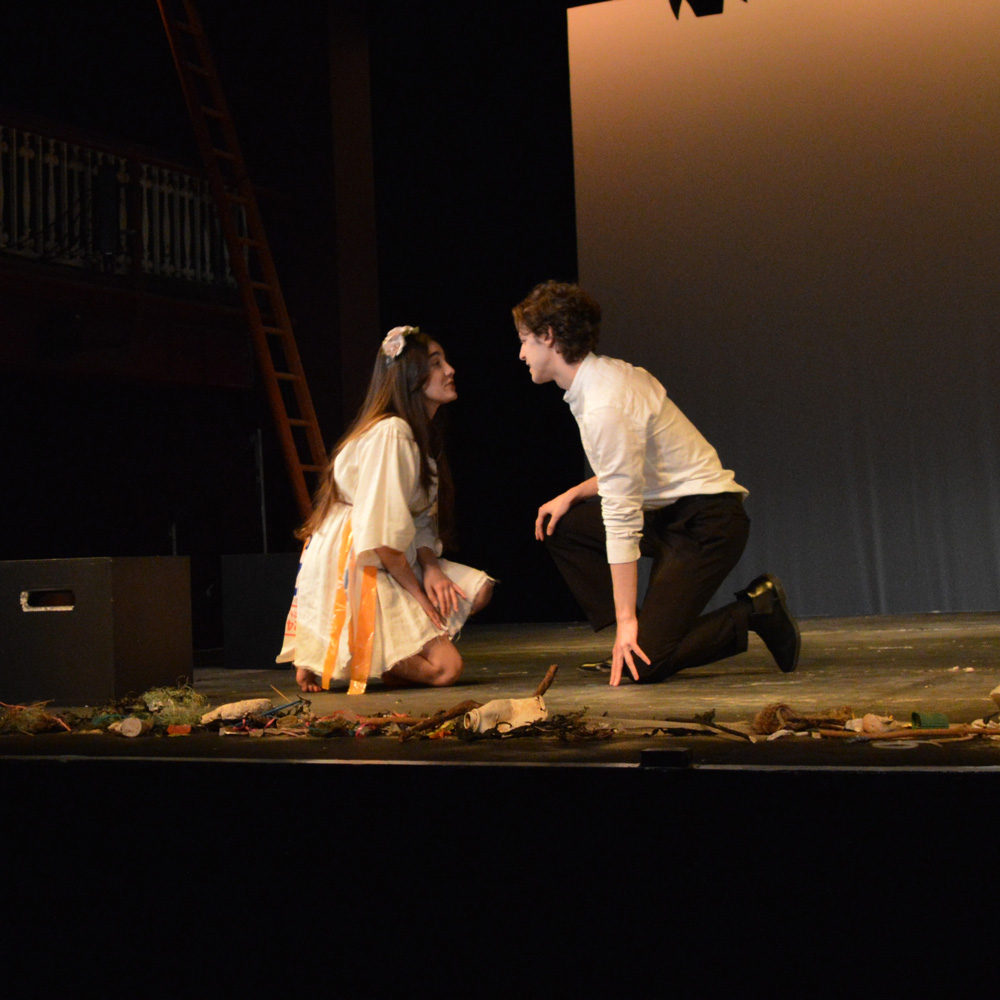
Our course is aimed at people, who are passionate about a career as an actor but are not quite ready for a Conservatoire-level degree course. It’s an opportunity to immerse yourself in rigorous actor training that will prepare you for auditions and accredited drama school degree-level training.
Intensive, highly practical and industry focused, the course enables you to develop your individuality and authenticity as an actor. It will equip you with essential storytelling and stylistic skills as you create a portfolio of contemporary, classical and digital material that is uniquely suited to you, helping you to stand out from the crowd. The course culminates in a performance project where you bring together all you have learnt.
Accreditated By:


What You Will
Study
The Actor’s Foundation: Acting Fundamentals I
This module presents you with fundamental acting approaches to realise contemporary texts, scene work for camera and heightened text and speech. You work with ensemble and solo storytelling techniques, give life to self-generated stories, and work imaginatively with the dramaturgical and structural aspects of monologues to master auditioning and self-taping. By the end of this module, you undertake mock auditions, have a practical portfolio of industry standard audition material and are armed with the technical approaches to execute this in a variety of contexts.
The Actor’s Foundation: Acting Fundamentals II
In this module, you begin to integrate acting, movement and voice skills. You undertake project work that allows you to understand the combination of acting styles in live and recorded scene studies from a range of historical, cultural, and international origins, uncovering contemporary interpretations. This expands your understanding and knowledge of stage and screen craft, including performance possibilities.
The Actor’s Foundation: Acting Fundamentals III
For this module you conclude your foundation training by working with a professional director to integrate acting skills in a staged live performance project, combining your acting fundamentals. You work with professional etiquette and discipline in the rehearsal room, and become conversant with expected practice and vocabularies. This culminates in you presenting your live theatre work to an invited audience.
Personal Practice
This module provides you with the knowledge, communication and presentation skills to articulate your own ideas, opinions and feelings about current performance and industry practice in a staged performance project. These are crucial interpersonal and interview skills. It is carefully scheduled to accompany and complement an audition process, helping you to strategise your preparation and development for the next stage in your actor training. It provides you with the vital skills to fulfil personal statements and programme applications for degree-level actor training in drama school or conservatoire-style specialist institutions.
How You Will
Study
-
Technical Skills Classes
-
Performances
-
Seminars
-
Workshops
-
Independent study
-
Group work
-
Masterclasses
How You Will Be
Assessed
Your assessment predominantly takes place during your practical classes and rehearsals, performances and your reflective exercises. Coursework assignments are limited to written personal statements and applications.
Practical/written work ratio
80% practical work / 20% written course work
Meet The
Staff

Will Hammond
Director of School of Performance
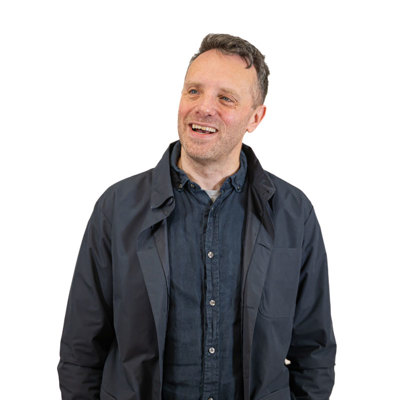
David Salter
Head of Acting (Stage & Screen)

Caroline Martin
Course Leader Foundation Acting (Stage & Screen)

Gary Horner
Course Leader MA Acting, Lecturer & Visiting Lecturer

Lisi Perry
Lecturer

Elinor Randle
Lecturer
Beth Vyse
Lecturer
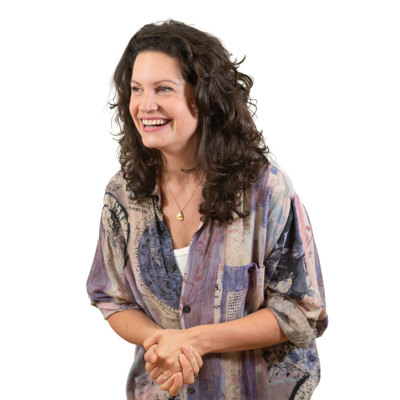
Arabella Gibbins
Teaching Fellow / Visiting lecturer
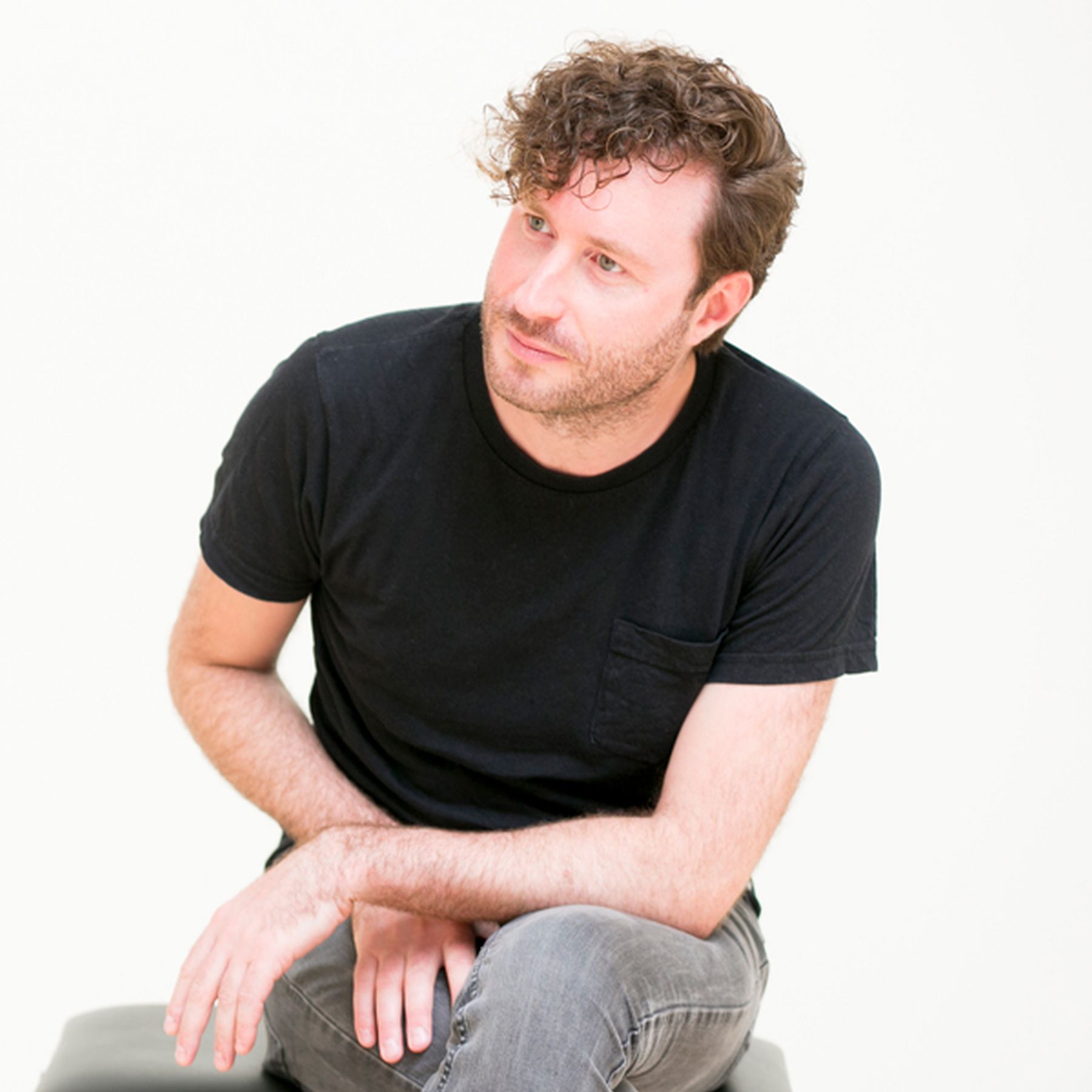
Will Hammond
Director of School of Performance
Will has worked in theatre, TV, film and radio. Having worked across mediums and platforms, Will can support students to become adaptable. His credits include the BBC, Lime Pictures, Greenwich Films, West Yorkshire Playhouse, Paines Plough, Frantic Assembly and Soho Theatre. Will has won the High Sheriff Award for New Writing from the Stephen Joseph Theatre, judged by Sir Alan Ayckbourn. He co-wrote the musical Kate and the Devil, which was shortlisted for the Stiles & Drewe Best New Song Award 2015. He feels it is important for actors to cultivate their own independent approach to acting in preparation for sustainable careers.
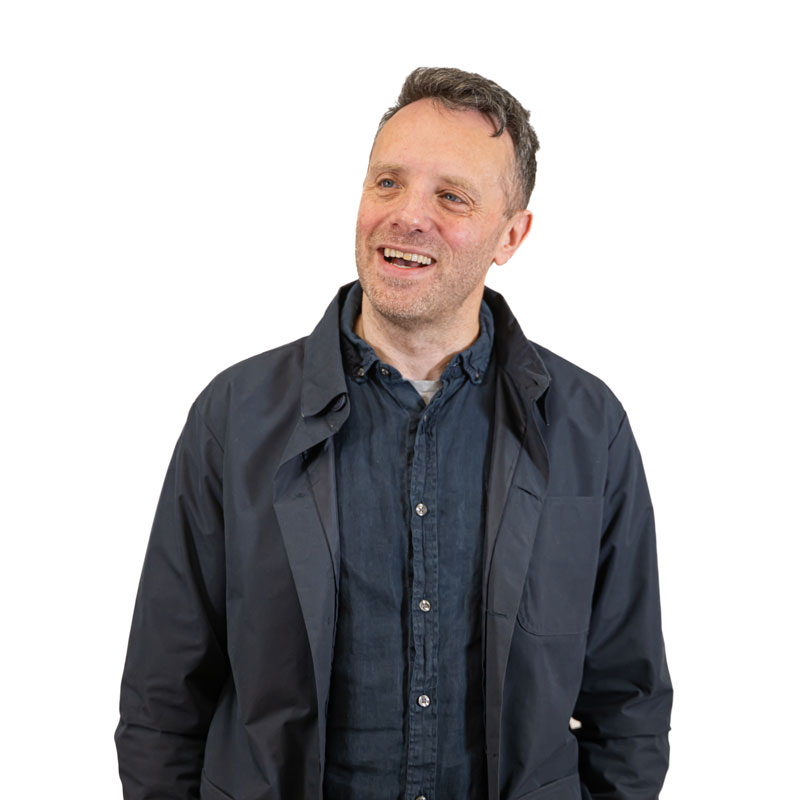
David Salter
Head of Acting (Stage & Screen)
David is an award-winning theatre director and acting teacher.
Previously he has taught and directed at a number of drama schools including RADA, Mountview, Rose Bruford College, Drama Centre, The American Academy of Performing Arts, New National Theatre Drama Studio, Tokyo and the Manchester School of Theatre, where he led the Acting Programme.
David attended the Director’s Course at the Royal National Theatre Studio and has directed productions across the UK and internationally, including Brecht’s The Life of Galileo at the Studio Theatre, Washington DC. David was associate director to Peter Stein on David Harrower’s Blackbird at the Edinburgh International Festival, to Howard Barker on his production of Scenes From An Execution at the Barbican and on numerous productions at the Almeida Theatre including Richard II with Ralph Fiennes and the world premiere of The Shape of Things with Rachel Weisz and Paul Rudd.
publications
Contributor to ‘Actor Trainers on Acting: For The Twenty First Century’ Edited by Professor Anna McNamara for Routledge (upcoming)

Caroline Martin
Course Leader Foundation Acting (Stage & Screen)

Gary Horner
Course Leader MA Acting, Lecturer & Visiting Lecturer
Gary trained as an actor at Guildford School of Acting before going on to work professionally throughout the UK. Subsequently he went on to gain his MA from The Royal Central School of Speech and Drama in Voice studies and trained intensively with author of Freeing the Natural Voice, Kristin Linklater to become a designated Linklater teacher. Gary is an internationally recognised voice coach and director and has worked extensively within the UK Drama School sector.
Alongside being the course leader for the MA in Acting (Company) at LIPA, Gary continues to work professionally as a voice coach and director. Mostly recently, Gary was an associate voice coach on Henry VI part 3 at The Royal Shakespeare Company. Prior to this some of Gary’s credits include Matilda the musical (Cambridge Theatre, London), Acts of Resistance (Bristol Old Vic), The Boy with Two Hearts (Wales Millennium Centre / The Royal National Theatre), Brainstorm (The Royal National Theatre), Sour Lips (Oval House Theatre), The Arsonists (Watford Palace Theatre), Bush Bazaar (The Bush Theatre), Romeo and Juliet (The Chocolate Factory), Titus Andronicus (Bedlam Theatre/UK TOUR), In His Image (Hampstead Theatre), Reverie (Pleasance Theatre), Hello, Mr Capello (Watford Palace Theatre).
Gary oversees the development and delivery of the MA Acting (Company) course, as well as delivering across the BA and Foundation courses within the Acting department. He directs projects, final year productions and teaches technical voice and voice into text.
Working within the theatre industry with some of the biggest theatre companies and theatres around the UK allows Gary to understand the current trends within the professional sphere and ensures that the training he delivers at LIPA is relevant and fully prepares students for entering into the acting industry.
Publications/research
A non-elitist approach to Professional Development in Actor Training - Drama and Theatre Publication – Summer Term 1 – 2019/20 (Publication)
Northern Centre for Voice and Movement bringing Cultural Capital to a forgotten land – International Network for Voice Symposium – 2019 (Presentation)

Lisi Perry
Lecturer
Lisi has been a practising dance artist for over 25 years and is the founder and artistic director of COLLISION. She has worked with choreographers and companies including Scottish Dance Theatre, Motionhouse Dance Theatre and Jasmin Vardimon, touring and teaching regionally, nationally and internationally. Lisi directs and choreographs work in theatre and unconventional non-theatre spaces, including large-scale projects on beaches, in museums, police stations and parks, and has even involved JCB diggers. She encourages students to be fully engaged with a range of methodologies and approaches, whether they are familiar or unknown, and to immerse themselves in all aspects of their study.

Elinor Randle
Lecturer
Beth Vyse
Lecturer
Beth is a critically acclaimed and award-winning creator/performer. She recently finished an international tour of her own show As Funny As Cancer, she also has national and regional theatre, global RSC, BBC, and ITV credits to her name. Over the last 20 years she has worked tirelessly within an industry she adores to become an established comedian, director, and lecturer – sharing her wealth of experience to help educate and encourage those with her shared passion for performance.

Arabella Gibbins
Teaching Fellow / Visiting lecturer
Arabella is an actor, voice-over artist and voice coach. Her one-woman show Big Bad won an Origins Award for Outstanding New Work and is touring this summer. Arabella is a singer-songwriter, musical comedienne and she’s even done backing vocals for Robbie Williams. As a professional performer Arabella understands the demands of the industry. Her valuable experience on stage and in the vocal booth means she is informed and knowledgeable in the rehearsal room.
What Our
Graduates Do
The course aims to equip our graduates to go on to further training with us or at other specialist, accredited drama schools that are oversubscribed with acting applicants.
If you decide to apply for one of our Acting degrees, you will still need to go through our regular audition process, alongside other applicants. Progression on to one of our degrees is not guaranteed. However, the course will give you an understanding of what we look for in a degree level student and our institutional ethos, making it great preparation for an audition.
Graduates from our previous foundation courses have gone on to study degrees with us and other institutions, including Arts Ed, Bristol Old Vic Theatre School, Drama Centre, East 15, Mountview Academy of Theatre Arts, Rose Bruford, Royal Welsh College of Music and Drama. Others have successfully launched careers as actors, writers, directors, filmmakers and formed their own companies.
Educational qualifications are important but limited in what they can tell us about you.
Your natural ability, your fit with what and how we teach, your growth and your potential are also key factors in our admission process. We can’t evaluate these solely on your educational achievements, so no matter which course you are applying for, we look for the following attributes on your application and at the interview stage.
Additional Costs
As part of this course, there are likely to be some additional costs that are not included within your tuition fees. Many of these are optional. We’ve also included information about cost of living expenses in Liverpool in this section.
After you accept our offer, we'll send you a list of books and equipment that we'd like you to bring. We recommend that you bring specific clothing and footwear for your practical classes. These are standard items of clothing that you will need as a working actor.
Here are the key course-related costs that we'd expect you to pay during your one year with us, in addition to your tuition fees:
Seeing shows
You should go to the theatre as often as you can. This is not compulsory, but it will help your development as a performer. Theatre visits are not covered by your tuition fees, so you'll need to cover these costs yourself. Most theatres offer student discounts for students and we are occasionally offered a limited number of free or discounted tickets for shows in the city. It is highly recommended that you attend the Acting department performances. We offer discounted student tickets to make this as affordable as possible.
Cost of living
Wherever you choose to study, you'll have to budget for accommodation and other everyday living expenses, such as food and bills.
Liverpool is one the UK's cheapest student cities. Accommodation costs are relatively low, particularly compared to the south east of England, and the city's shops and entertainment venues also have lots of student discounts.
We’d recommend completing a simple budget plan to predict your income and outgoings. This should include accommodation, bills, insurance, TV licence, food, laundry, clothes, books, travel and socialising. How much you'll want to spend on a lot of these is completely personal.
There is lots of advice available online about budgeting:
- UCAS budget calculator is a great tool to help you balance your in-comings and out-goings.
- SaveTheStudent provides useful information on student money resources, including loans, budgeting, and scholarship sources.
Most UK students will be able to take out a maintenance loan to assist with living costs and there are some grants available. We also offer some bursaries. To find out more, please see Student Finance and bursaries.
Because our courses are intensive and we have a busy season of student performances, options for part-time work during our teaching periods can be limited. However, many of our students gain flexible part-time work, in performance venues, shops, restaurants and bars. We also provide casual work opportunities for our students ranging from stewarding work on our productions to working with young people to help us widen access to our courses. The long summer break is when many of our students choose to work.
Additional Costs
As part of this course, there are likely to be some additional costs that are not included within your tuition fees. Many of these are optional. We’ve also included information about cost of living expenses in Liverpool in this section.
After you accept our offer, we'll send you a list of books and equipment that we'd like you to bring. We recommend that you bring specific clothing and footwear for your practical classes. These are standard items of clothing that you will need as a working actor.
Here are the key course-related costs that we'd expect you to pay during your one year with us, in addition to your tuition fees:
Seeing shows
You should go to the theatre as often as you can. This is not compulsory, but it will help your development as a performer. Theatre visits are not covered by your tuition fees, so you'll need to cover these costs yourself. Most theatres offer student discounts for students and we are occasionally offered a limited number of free or discounted tickets for shows in the city. It is highly recommended that you attend the Acting department performances. We offer discounted student tickets to make this as affordable as possible.
Cost of living
Wherever you choose to study, you'll have to budget for accommodation and other everyday living expenses, such as food and bills.
Liverpool is one the UK's cheapest student cities. Accommodation costs are relatively low, particularly compared to the south east of England, and the city's shops and entertainment venues also have lots of student discounts.
We’d recommend completing a simple budget plan to predict your income and outgoings. This should include accommodation, bills, insurance, TV licence, food, laundry, clothes, books, travel and socialising. How much you'll want to spend on a lot of these is completely personal.
There is lots of advice available online about budgeting:
- UCAS budget calculator is a great tool to help you balance your in-comings and out-goings.
- SaveTheStudent provides useful information on student money resources, including loans, budgeting, and scholarship sources.
Most UK students will be able to take out a maintenance loan to assist with living costs and there are some grants available. We also offer some bursaries. To find out more, please see Student Finance and bursaries.
Because our courses are intensive and we have a busy season of student performances, options for part-time work during our teaching periods can be limited. However, many of our students gain flexible part-time work, in performance venues, shops, restaurants and bars. We also provide casual work opportunities for our students ranging from stewarding work on our productions to working with young people to help us widen access to our courses. The long summer break is when many of our students choose to work.

